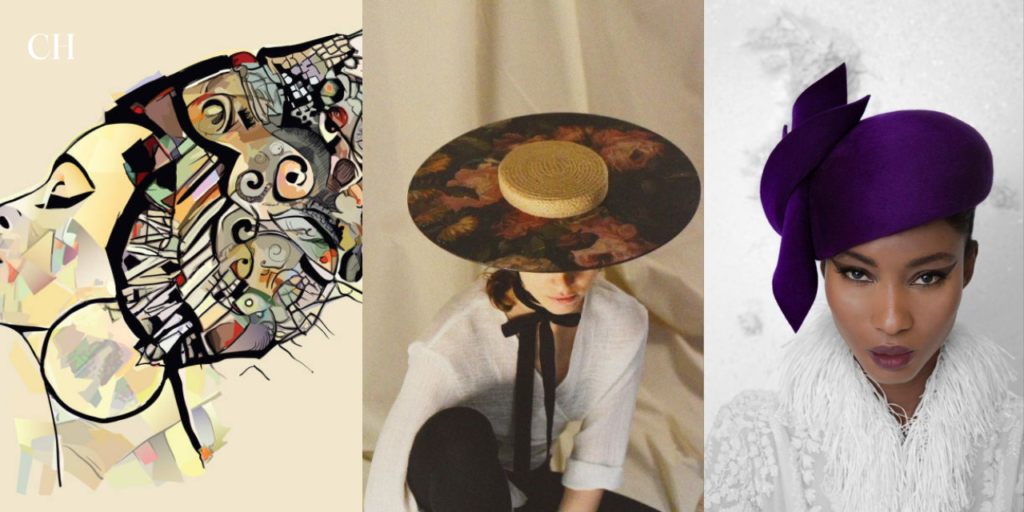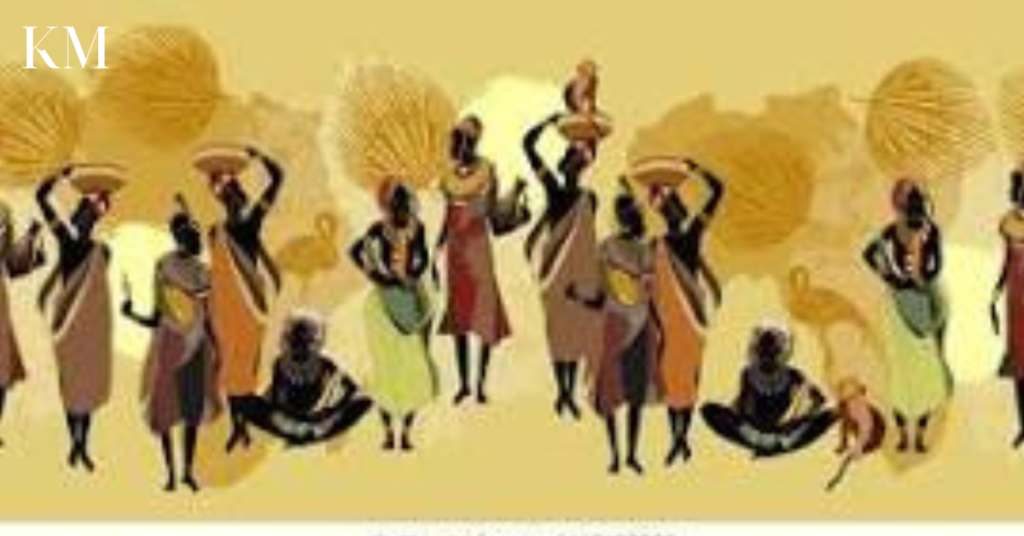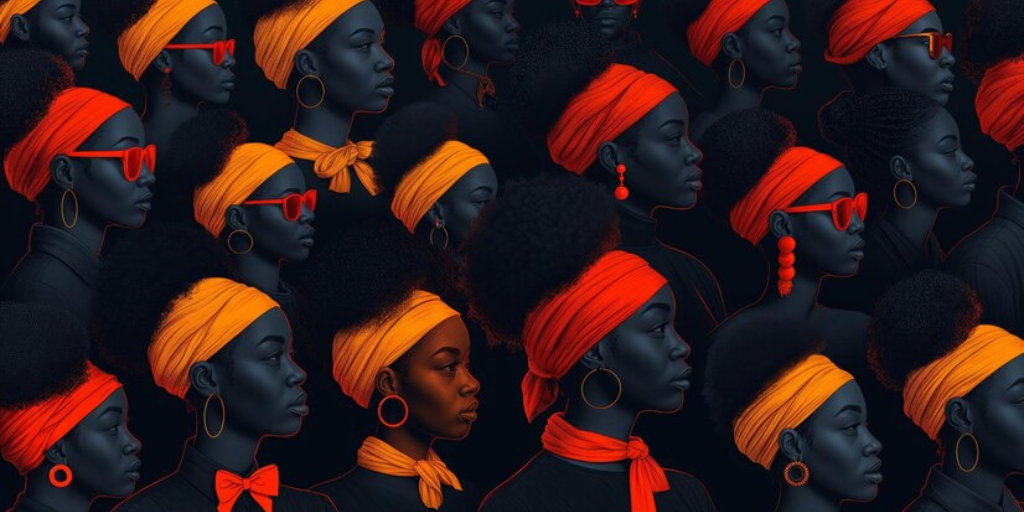
Black culture in the United States is firmly rooted in the African diaspora and exemplifies resilience, innovation, and perseverance. Its multidimensional character includes music, art, literature, fashion, and social movements, resulting in a tremendous legacy that has impacted and continues to affect American society and global culture. This essay dives into numerous facets of Black culture, demonstrating its historical significance and modern relevance.
Historical Foundations
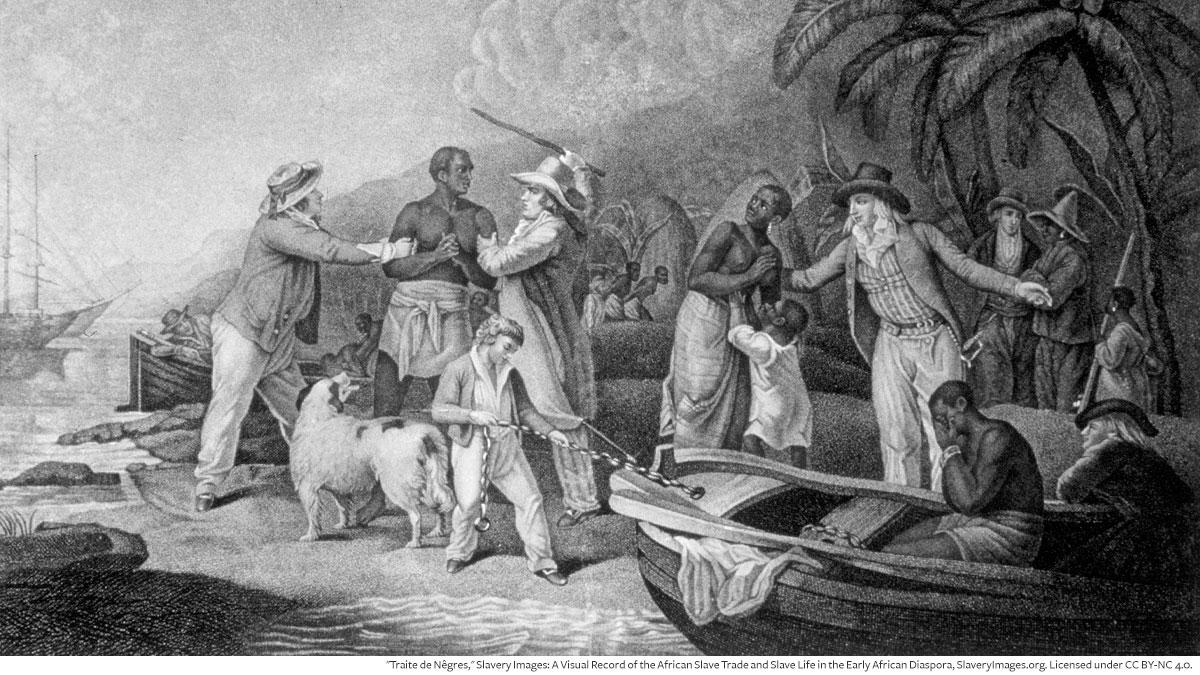
Image Source: National Museumof AfricanAmerican History and Culture
The transatlantic slave trade, which forced millions of Africans to arrive on American shores, marks the beginning of Black culture in the United States. Despite the brutal conditions of slavery, African Americans preserved components of their ancient cultures and combined them with new influences to produce distinct cultural expressions. This confluence laid the groundwork for a rich cultural history that would last for millennia.
Following slavery, the Reconstruction era saw African Americans struggle to express their identities and rights in a hostile society. Despite institutional persecution, Black communities thrived, starting their own schools, churches, and businesses. The tenacity of these communities in the face of tragedy is a defining feature of Black culture.
Music
Music is probably the most widely recognized component of Black culture. From enslaved African spirituals to the jazz era of the early twentieth century, music has been an important method of expression and resistance. Jazz, which emerged in the early 1900s in New Orleans, exemplified the imaginative energy of Black artists. Figures like as Louis Armstrong and Duke Ellington elevated jazz to international prominence, influencing various genres.
The mid-twentieth century saw the rise of rhythm and blues (R&B) and soul, with musicians such as Ray Charles, Aretha Franklin, and James Brown changing the musical landscape. These genres established the framework for the late twentieth-century emergence of hip-hop, which would go on to become a dominant cultural force. Hip-hop, which originated in the Bronx, New York, has developed as a powerful voice for oppressed communities, tackling themes of race, class, and identity. Tupac Shakur, Notorious B.I.G., and later artists such as Jay-Z and Kendrick Lamar have used their platforms to raise awareness of societal injustices and celebrate Black brilliance.
Literature and Intellectual Contributions
Black literature has played an important role in recording the African American experience and pushing for social justice. The Harlem Renaissance of the 1920s marked a watershed moment, with writers such as Langston Hughes, Zora Neale Hurston, and Claude McKay praising Black life and culture while addressing racism and oppression. Their work paved the way for subsequent generations of Black writers.
The Civil Rights Movement of the 1950s and 1960s inspired a new wave of literary activity. Writers like James Baldwin, whose writings “Go Tell It on the Mountain” and “The Fire Next Time” delivered a piercing indictment of American racism, were critical voices in the fight for equality. The Black Arts Movement, founded by individuals such as Amiri Baraka and Nikki Giovanni, highlighted the importance of literature in uplifting Black communities.
Contemporary Black writers continue to investigate issues of identity, racism, and social justice. Toni Morrison, whose books such as “Beloved” explore the horrors of slavery and its long legacy, and Ta-Nehisi Coates, whose works include “Between the World and Me,” provide unique insights into the Black experience in modern America.
Visual Arts and Cultural Expression

Image Source: National Museumof AfricanAmerican History and Culture
Visual arts have been a strong tool for Black artists to express themselves and defy cultural expectations. The Harlem Renaissance saw a surge in Black visual art, with painters like as Aaron Douglas and Augusta Savage producing works that embraced Black history and culture.
According to National Museumof AfricanAmerican History and Culture The beginnings of the Black Arts Movement solidified around the arts-activism of Amiri Baraka (formerly LeRoi Jones) in the mid-1960s. A poet, playwright and publisher, Baraka was a founder of the Black Arts Repertory Theatre/School in Harlem and Spirit House in Newark, N.J., his hometown. Baraka’s initiatives on the East Coast were paralleled by black arts organizations in Atlanta, Chicago, Detroit, Los Angeles, New Orleans and San Francisco, leading to a national movement.
“Some people say we got a lot of malice
JAMES BROWN Lyrics from “Say It Loud – I’m Black and I’m Proud,” 1968. © Warner Chappell Music, Inc.
Some say it’s a lotta nerve
But I say we won’t quit movin’
Until we get what we deserve …Say it loud – I’m black and I’m proud!”
The Civil Rights Movement and the subsequent Black Power Movement of the 1960s and 1970s influenced a new generation of artists. Romare Bearden and Faith Ringgold used their art to address social and political issues, combining traditional African creative components with contemporary themes.
Today, Black visual artists continue to push the boundaries and acquire international acclaim. Kehinde Wiley, noted for his portraits of Black people in the style of Old Master paintings, and Kara Walker, whose silhouettes address themes of race, gender, and history, are just two instances of modern artists contributing significantly to the art world.
Fashion and Style
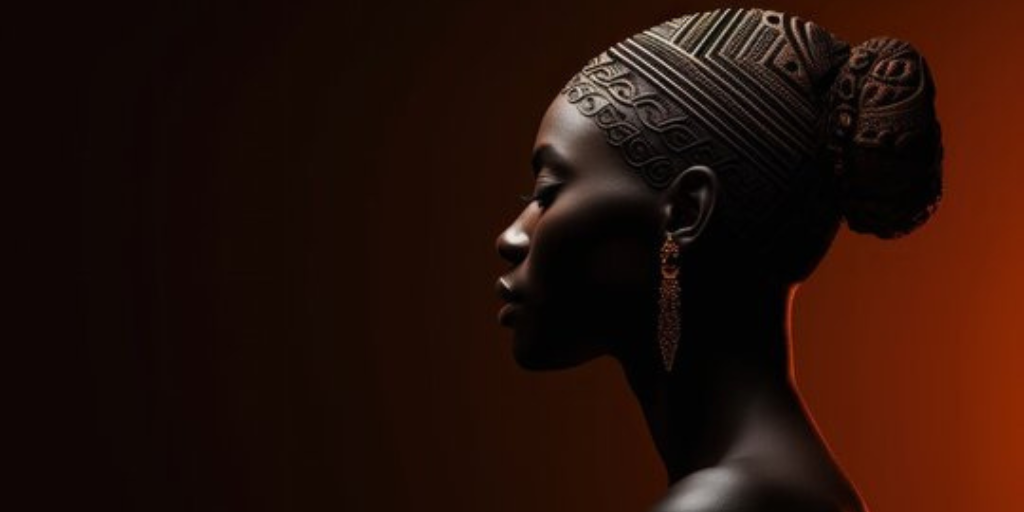
Fashion has long played an important role in Black culture, allowing people to express themselves and take pride in their heritage. The zoot suits of the 1940s, the dashikis and afros of the 1960s and 1970s, and the streetwear of the hip-hop era all symbolize different eras of Black cultural identity.
The significance of Black culture in mainstream fashion cannot be emphasized. Designers like Dapper Dan, who introduced luxury fashion to the streets of Harlem in the 1980s, have left an indelible mark on the fashion business. Today, Black designers such as Virgil Abloh, the late artistic director of Louis Vuitton’s menswear, and Kerby Jean-Raymond of Pyer Moss are driving fashion innovation.
Social Movements and Activism
Social movements have been integral to Black culture, with a history of activity stretching back to the fight against slavery. The Civil Rights Movement, led by Martin Luther King Jr. and Malcolm X, aimed to eliminate institutional racism and ensure equal rights for African Americans. The movement had a major cultural impact, affecting music, literature, and art.
The Black Power movement of the 1960s and 1970s promoted racial pride, self-sufficiency, and political empowerment. It spawned cultural icons like the raised fist and slogans like “Black is Beautiful,” which glorified Black identity and perseverance.
In recent years, the Black Lives Matter (BLM) movement has emerged as a formidable force in the battle against systematic racism and police brutality. Founded in 2013 by Alicia Garza, Patrisse Cullors, and Opal Tometi, the BLM has inspired millions around the world and highlighted the ongoing fight for racial justice. In addition, the movement has had an impact on current culture, motivating a new generation of activists and artists.
Culinary Traditions
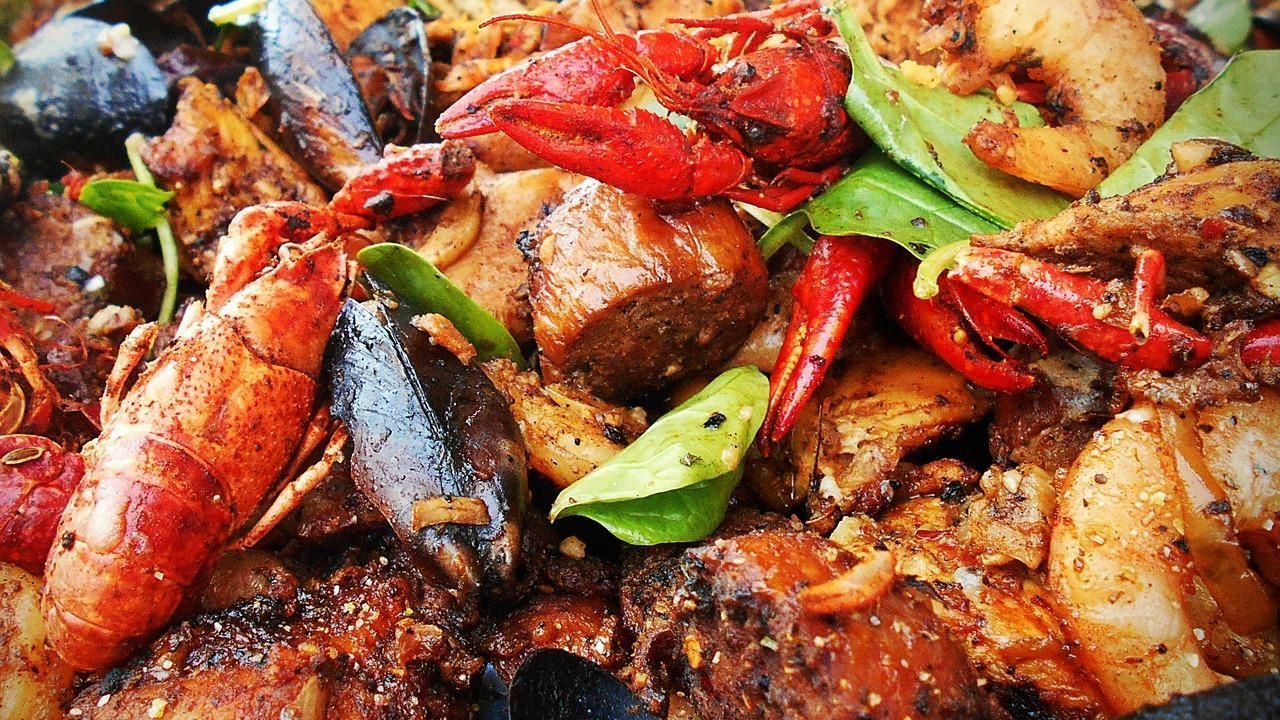
Image Source: Wral.News
Black culinary traditions, which are strongly based in African, Caribbean, and Southern influences, have made a substantial contribution to American food. Soul food, which includes dishes such as fried chicken, collard greens, and cornbread, is a staple of Black culinary culture. These foods, which were frequently developed out of necessity and inventiveness during slavery and segregation, have become treasured classics of American cuisine.
Chefs such as Edna Lewis, dubbed the “Grand Dame of Southern Cooking,” and more recent pioneers such as Marcus Samuelsson and Carla Hall have taken Black culinary traditions to new heights, highlighting their rich flavors and histories.
According to Wral.News
African American food is a rich culinary tradition fraught with questions of race and the complex legacy of slavery. Many dishes pay homage to the West and Central African roots of the people who created them; others speak to the social and political movements that unfolded while Black chefs and home cooks nourished and innovated with their food.
Much of African American cuisine can trace its origins back to the U.S. South, as a majority of African-descended people begin their history in the United States during slavery. From there, one can see how Africans in America rely on the cooking traditions and ingredients from their homes in West and Central Africa, mixed with ingredients and techniques used by Native Americans and European settlers.
There are examples, however, of individuals creating new dishes in isolation. Whether it’s hot chicken in the South or bean pies in the North, the tastes of these fresh takes on African American cuisine have quickly caught on and spread throughout the country.
Sports and Athletic Excellence
Black athletes have made significant contributions to sports, breaking down boundaries and creating new standards for greatness. Jackie Robinson’s entry into Major League Baseball in 1947 was a watershed moment, defying segregation and opening the way for subsequent Black athletes.
In the 1960s and 1970s, athletes such as Muhammad Ali and Arthur Ashe used their platforms to speak for social justice in addition to excelling at their respective sports. Ali’s opposition to the Vietnam War, as well as Ashe’s work for civil rights and AIDS awareness, show how athletics and activism connect in Black culture.
In modern times, players like as Serena Williams, LeBron James, and Colin Kaepernick carry on this history, achieving unprecedented success in their sports while speaking out against racial injustice and inequality.
Impact on Popular Culture
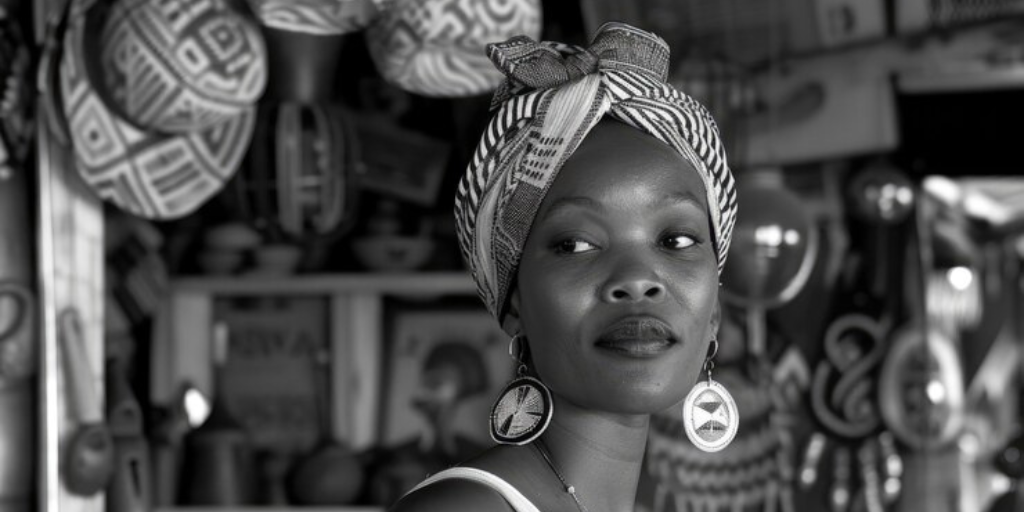
Black culture’s influence on popular culture is pervasive, shaping music, film, television, and fashion globally. The hip-hop culture, with its music, dance, and fashion, has become a dominant cultural force worldwide. Films like “Black Panther” have not only achieved commercial success but also celebrated Black culture and challenged stereotypes.
Television shows like “The Fresh Prince of Bel-Air,” “Black-ish,” and “Insecure” have brought nuanced portrayals of Black life to mainstream audiences, contributing to a broader understanding and appreciation of Black culture.
Conclusion
Black culture is a lively and dynamic force that is always growing while being firmly grounded in its historical roots. Its impact on American and world culture is tremendous, ranging from music that moves us to literature that challenges us, art that inspires us, and social movements that push us toward justice. Black culture is more than just a component of American culture; it is a pillar of it, representing the endurance, ingenuity, and indomitable spirit of a people who have created and continue to shape the globe in fundamental ways. We celebrate Black culture by honoring its history, embracing its present, and looking forward to its future with hope and pride.

